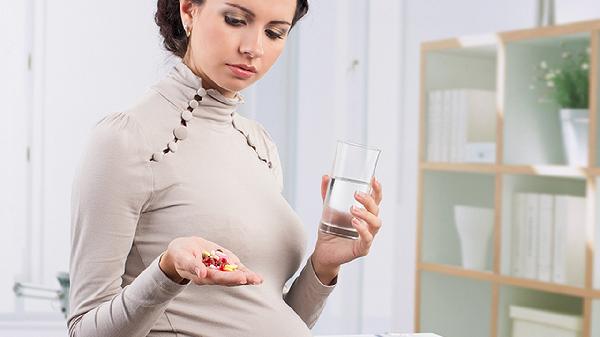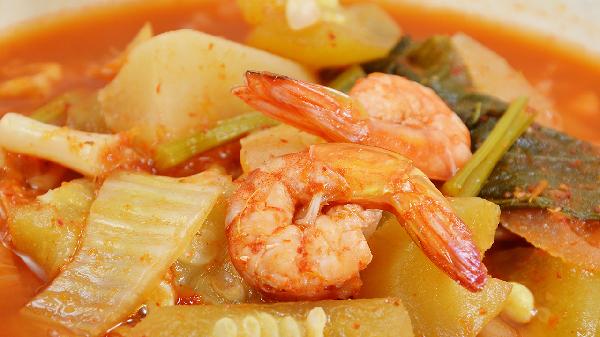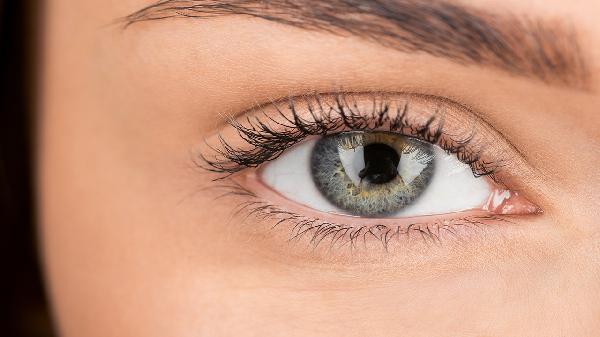Pregnancy is a beautiful experience in life. After becoming pregnant, the whole family is very happy and takes extra care of the expectant mother. Diet during pregnancy is very important. Some women experience early miscarriage or fetal growth arrest due to improper diet.
So, during pregnancy, which foods should be avoided, and which foods should be consumed more?
First, avoid eating foods that affect nutrient absorption and have weight-loss effects, such as lotus leaves. Lotus leaves have the effect of dilating blood vessels, lowering blood lipids, and aiding in weight loss. Additionally, bamboo shoots can absorb oil in the stomach and reduce fat absorption. Foods like lettuce and cauliflower are naturally cool in nature and have weight-loss effects, which can easily cause diarrhea. It's best to avoid these foods.

Second, try to avoid cola, coffee, most carbonated drinks, hamburgers, instant noodles, and other fast foods. Soda can deplete iron in the body of expectant mothers, leading to anemia and affecting the baby's development. Foods like hamburgers, pizza, and French fries are rich in phosphorus, which hinders calcium absorption and can easily cause calcium deficiency in pregnant women.
Third, avoid foods that are not conducive to maintaining pregnancy and cold seafood, such as crabs, kelp, and soft-shelled turtles. Consuming these foods can easily lead to early signs of miscarriage or fetal growth arrest. Additionally, avoid blood-nourishing and blood-activating foods like longan, red dates, and donkey-hide gelatin in the early stages of pregnancy to prevent vaginal bleeding and early miscarriage. Foods like almonds, papaya, and hawthorn can also cause uterine contractions, which are not conducive to maintaining pregnancy.
Fourth, stay away from alcohol, tobacco, and preserved foods that may cause fetal developmental abnormalities.
During pregnancy, especially in the first three months, it is important to supplement folic acid and consume foods rich in folic acid to benefit the baby's health. Eat more vegetables and fruits to supplement various vitamins, improve the body's resistance, and aid in the baby's healthy development. Additionally, consume more calcium-rich and iron-rich foods to prevent calcium deficiency and anemia. Try to supplement with foods rich in unsaturated fatty acids, such as various nuts and linoleic acid, which can provide DHA necessary for brain development and benefit the baby's intellectual growth.























